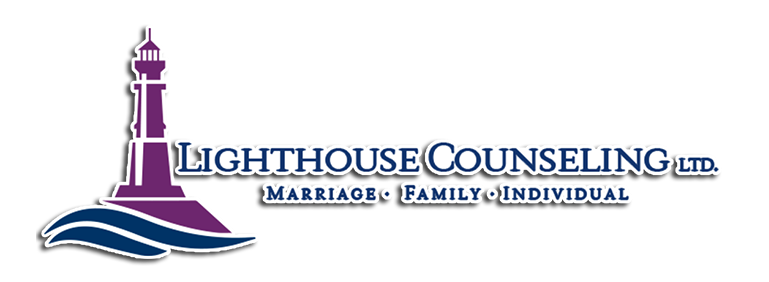Breaking Free from Love Addiction:
Explore 3 Ways to Heal and Reclaim Yourself

Love addiction can feel all-consuming. You may find yourself repeatedly seeking validation or fulfillment in relationships, feeling an overwhelming need for love, and sometimes losing sight of your true self in the process. It's easy to confuse this intense desire for connection with healthy love, but the difference is that love addiction can often leave you feeling empty, anxious, and constantly searching for more.
If you’re struggling with love addiction, you're not alone. The first step to healing is recognizing that this pattern is not your fault—it’s something you can work through with time and support. Here are three key ways to help you overcome love addiction and begin your journey toward healthy, balanced relationships.
1. Seek Individual Counseling
One of the most powerful tools for overcoming love addiction is individual counseling. A licensed therapist specializing in relationship dynamics and addiction can offer you a safe space to explore the root causes of your behavior. Love addiction often stems from unmet emotional needs, past trauma, or low self-worth. A counselor can help you understand the underlying issues that fuel your addiction and guide you in creating healthier coping strategies.
Therapy also provides a structured environment where you can unpack your thoughts and feelings, identify harmful patterns, and begin to develop a stronger sense of self outside of relationships. Through therapeutic techniques like Cognitive Behavioral Therapy (CBT) or Dialectical Behavioral Therapy (DBT), you’ll gain tools to change destructive thought patterns and build more sustainable emotional resilience.
2. Establish Healthy Boundaries
One of the hallmarks of love addiction is a lack of healthy boundaries. You may give too much of yourself to others, even at the expense of your own needs, or find it difficult to say no. To break free, it’s crucial to start practicing healthy boundaries in all your relationships. This includes learning how to communicate your needs, expressing your feelings without guilt, and not sacrificing your happiness for someone else.
Start small by setting boundaries in day-to-day interactions—whether it’s with friends, family, or a romantic partner. Over time, this will help you feel more empowered and less dependent on others for validation. Remember, setting boundaries isn’t about shutting people out; it’s about protecting your emotional well-being.
3. Rediscover Your Interests and Passions
Love addiction often leads to a loss of self-identity. You may find that you’ve neglected your personal passions, hobbies, or career goals because your focus has been entirely on others. Reconnecting with the things that make you feel fulfilled and alive is an important step toward healing.
Start by revisiting activities or hobbies you once enjoyed before relationships took over. This can be anything from painting, writing, or hiking, to diving into new activities that spark your interest. By investing time in yourself, you’ll begin to restore your sense of self-worth and learn to appreciate the love you give yourself, which is the most important kind of love.
In Conclusion
Overcoming love addiction is a process, and it’s one that requires patience and commitment. Seeking individual counseling, learning to set boundaries, and rediscovering your personal passions are all powerful steps toward healing. Remember that you deserve healthy love, and with the right support, you can create a life that’s not defined by dependency, but by strength, self-love, and balanced relationships. You’re not alone in this journey—healing is possible, and it begins with you.


Share On: